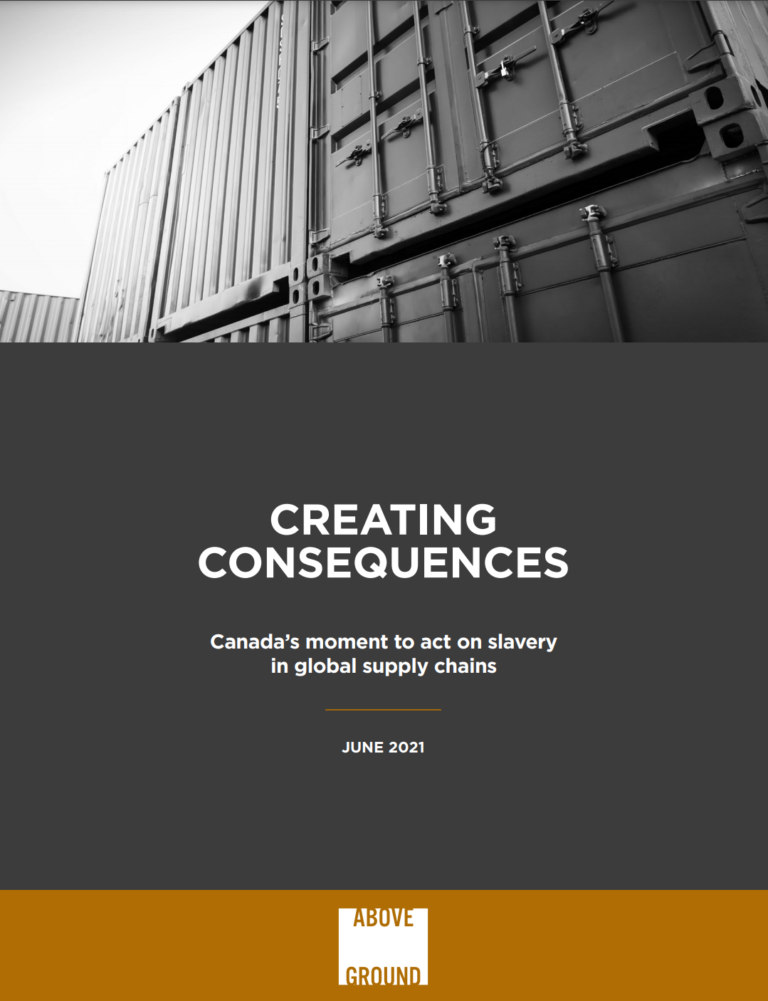Ensuring Access to Justice in the Context of COVID-19
COVID-19 resourcesPublicationsThis note provides preliminary guidance for practitioners and policy makers on key issues to consider in ensuring access to justice in the context of the COVID-19 crisis. It is divided into three sections, Preparation, Response and Recovery. While t...Read More

